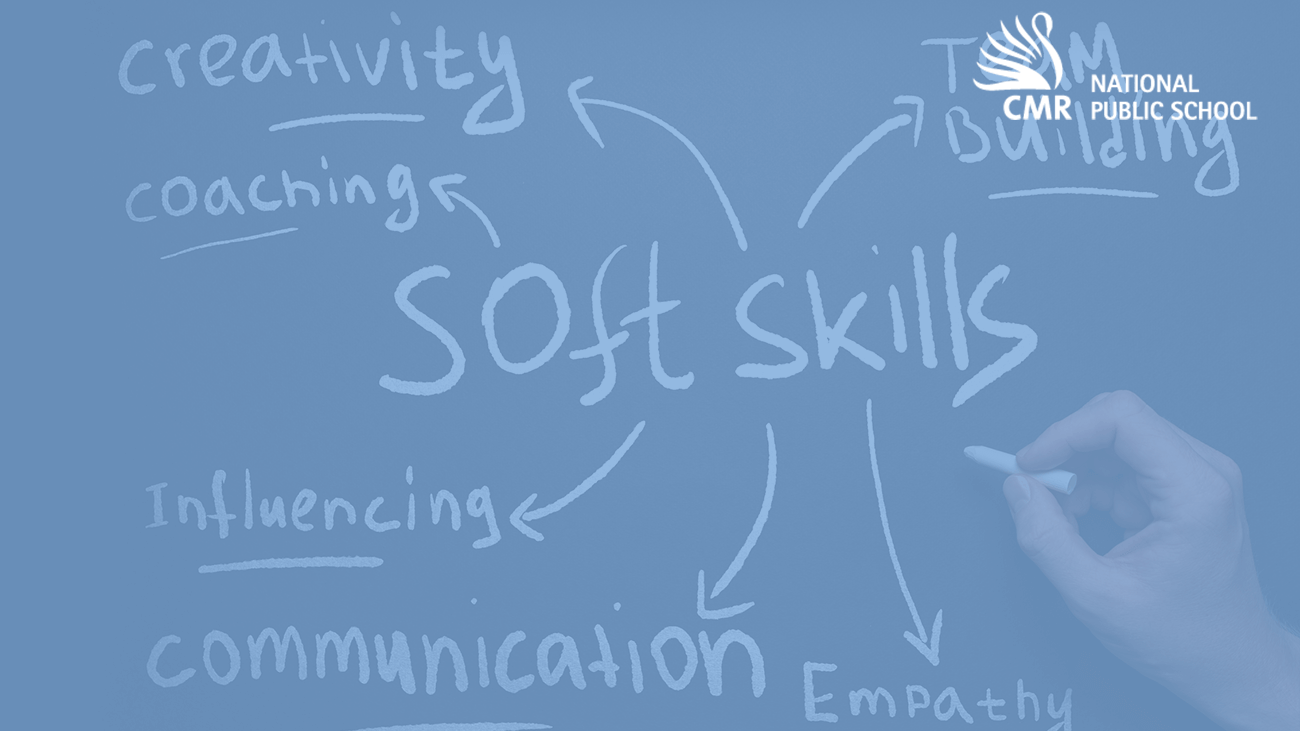Table of Contents
Have you ever encountered people who are no strangers to cracking jokes or making inappropriate statements at the wrong moment in a social setting? And maybe you wondered why they would create an awkward situation. Have you heard someone utter “Read the room” before? Such circumstances are frequent and are the reasons why social awareness is important.
Social awareness is a crucial life skill that helps individuals navigate the world around them. Students today are the leaders of tomorrow; therefore, understanding the importance of social awareness in school will help shape their future and the world around them in a positive way. Social awareness is the ability to be consciously aware of the feelings and perspectives of oneself and others in a social setting. It simply refers to an individual’s emotional development by recognizing diversity in culture, thoughts, and experiences in a social context.
Right from school, it is of paramount importance to introduce social awareness in students. It promotes good attitudes among students toward their classmates, professors, and other people in their life. Empathy can be taught and practiced from a very young age through school. The benefits of socially aware students help them develop core skills such as teamwork, leadership, diversity appreciation, compassion, and more.
Social awareness practices are introduced by several good schools in Bangalore at an early age to ensure a safe learning environment. Here are some strategies and their significance:
Standing up for people:
Teaching students the importance of standing up for the people around them at the sight of mistreatment will encourage students to speak out against bullying and prejudice and be respectful of their actions.

Effective communication:
Students should learn to express their thoughts and feelings healthily and respectfully. By guiding children to understand the importance of effective communication, they will learn how to listen, understand, and speak in a social setting.

Role play:
As adults, we must demonstrate empathy and compassion towards others, as children often tend to mirror the actions of their role models. Children need to understand that humans are not perfect at an early age to develop empathy toward others.
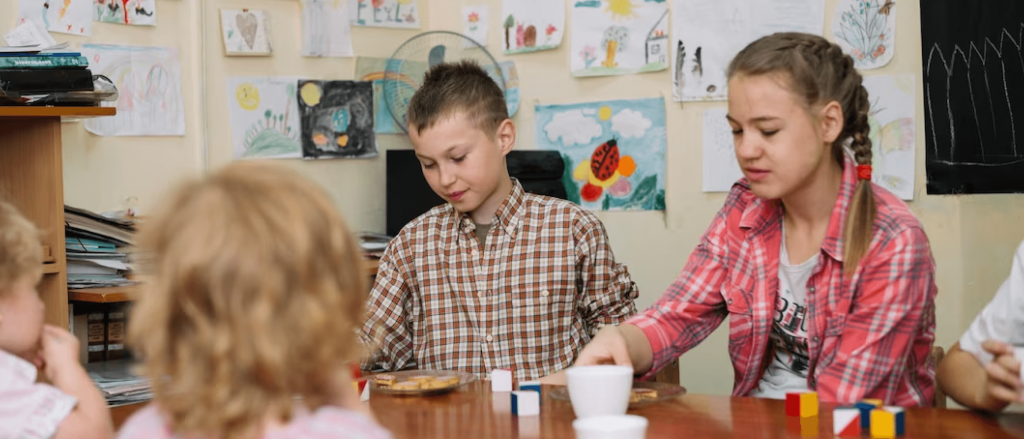
Walking in others’ shoes:
Taking a small moment to understand contrasting points of view develops empathy towards people and situations; this social skill is crucial and goes a long way. At schools, there will be dissent, argument, and conflict. How to help them navigate and meander through these discordant situations is the responsibility of the adults around them. Demonstrating empathy by addressing various social issues through examples will help students imagine what it is to be on the receiving end of dissent, which will keep them from hurting or bullying others.

Books with diversity:
It is crucial for students to learn about unique cultures, traditions, perspectives, socio-economic situations, etc., to be able to recognize differences and yet respect one another in a social setting. Providing them with meaningful books and stories that use real-life examples to represent diversity visually is a great way to generate social awareness among them. There are several CBSE schools in Bangalore with libraries for students where you can find books of diversity.

A significant member of society:
Teaching children about their role as valuable members of social groups can help them understand how social awareness plays a vital role in establishing a sense of kindness and respect in the community. Schools can assign students responsibilities that require them to practice positive leadership qualities to help them develop social awareness.

Pictures to identify emotions:
Children are imaginative and creative and similar to literature, pictures are also an efficient way to depict feelings and perspectives. Using images that portray diverse social situations can help students understand the experience of shared circumstances from various points of view. Informative and descriptive images used in textbooks, magazines, presentations, projects, etc., can help teach social awareness.

Constructive conflict resolution:
Conflict is a natural part of life and can often arise from differences in opinions. If not managed properly, it can escalate, causing an unnecessary societal divide. Promoting conflict resolution in schools will ensure students develop empathy, critical thinking, and problem-solving skills. Discussing thought-provoking concepts can help improve social awareness in a classroom and allow students to engage in effective conflict-resolution methods.
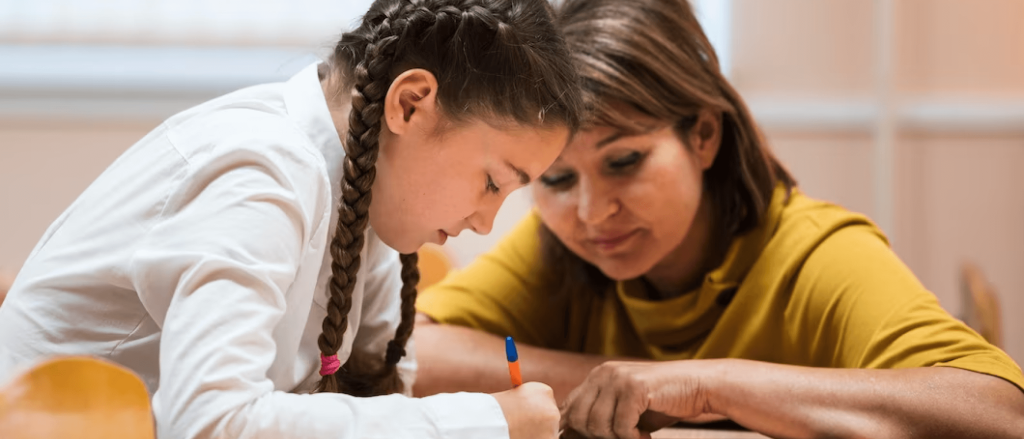
Social cues:
body language, facial expressions, and the tone of a person’s voice—speak more than words do. Observing and understanding body language and other communicative cues in a social context can be helpful to oneself and others. Most people in an abusive setting tend to avoid confrontation; understanding social hints can help rescue people from such situations. In schools, bullying is one such situation. Teaching students social cues is highly valuable.
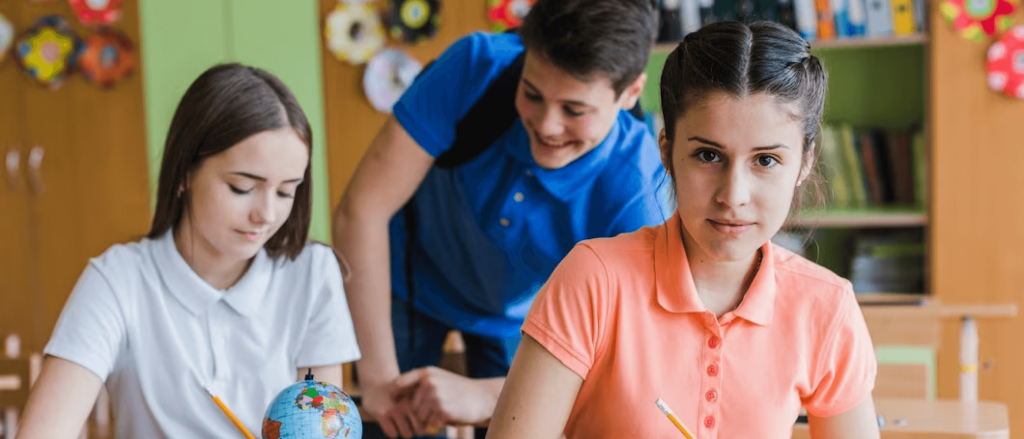
Cultural awareness:
In an educational setting where students from various cultures come together to study, students encounter the beliefs, behaviors, and values of numerous cultures. By allowing them to embrace their cultural differences, students will learn to respect one another and pick up positive values that rise from cultural diversity.
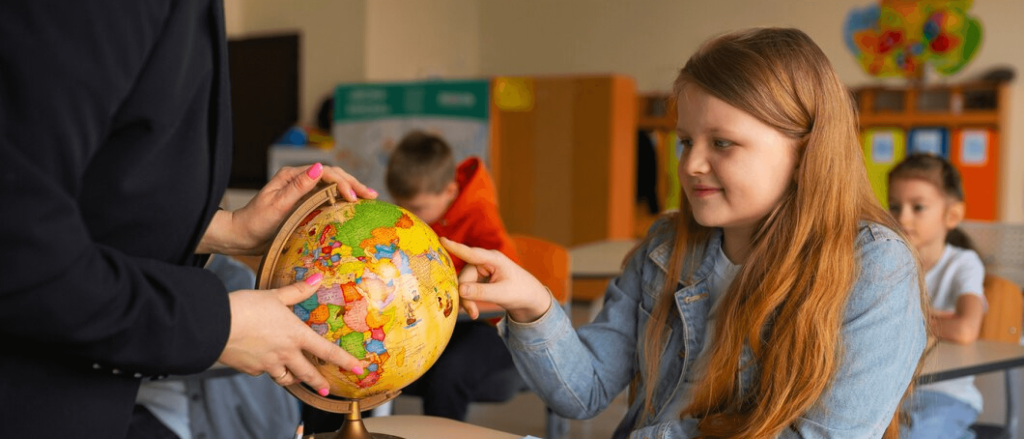
Introducing multiple opinions:
According to a moral development theory in psychology, students develop different levels of moral reasoning as they progress through life. Being socially aware helps improvise moral inference using the world around them. They initially engage in being socially justified in their actions because they want to be considered good people; however, during or after middle school, they tend to understand social context and view social situations through various moral standpoints. It is crucial to pose morally challenging scenarios and questions to students to yield diverse reactions and opinions to understand their moral reasoning. Children can assess how learners from varied backgrounds see a shared issue in a school context.

Combating stereotypes:
Stereotypes are harmful generalizations in society. A child can paint the sun blue or a duck pink. It is the adults who are bound to stereotypes. It is essential to teach children not to put people in boxes. We must be careful about the issues we address regarding society because students can quickly grasp onto stereotypes that can shape their perception of people and situations in a negative light. Social awareness helps destroy such stereotypes.
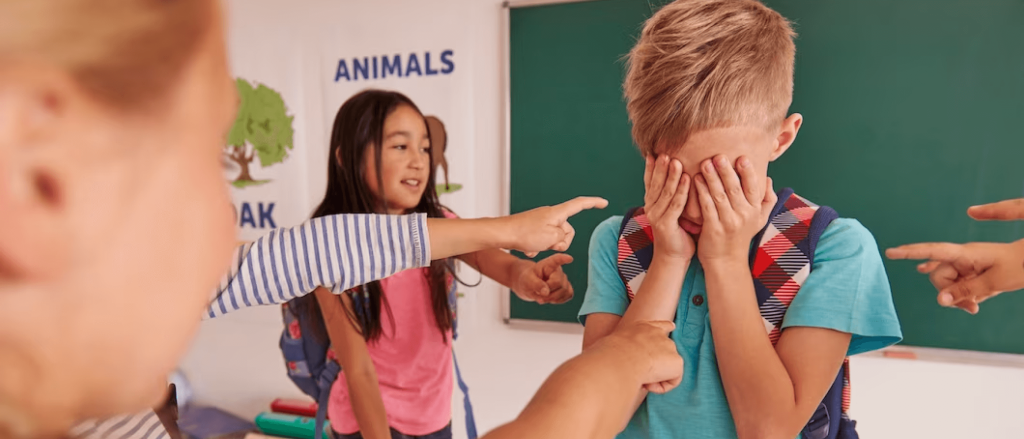
Benefits of social awareness:
- Self-reflection: when students become self-aware, they tend to understand their thoughts, feelings, and behavior with respect to others. Students can retrospect their own beliefs and actions when crucial concepts of social awareness are reinforced in the classroom, and students practice positive behavior regularly, which could result in ensuring students do not bully their peers.
- Learning about feelings: As students start to understand and learn about the emotional consequences of their actions, they tend to identify that different people display multiple emotions differently; this will make them more mindful in society and ensure students do not belittle the feelings of others.
- The importance of manners: It is crucial to ensure young minds grasp the importance of good manners, so they can understand that people would like to be treated with respect and consideration just as they would. Students who understand the importance of social awareness navigate social situations with ease and confidence. Good manners are essential for building positive relationships, promoting respect, and generating a harmonious and supportive community.
- Understanding words are impactful: words are sometimes sharper than a knife; Students may use distinct vocabulary at home that they may use with their classmates, which can be harmful. With adequate social awareness counseling at school, students will understand that their words have meaning and that using kind words while talking to people is crucial. Socially aware students refrain from using derogatory terms and negative language with their peers.
To sum up, social awareness is a crucial aspect of personal and social development among students. As the torchbearers of a nation, students have an immense responsibility to shape their character accordingly in various social contexts. Teachers being significant role models should carefully introduce distinct concepts to ensure the social awareness importance is clear to students. Reinforcing good behavior, teamwork, understanding, kindness, and diversity appreciation in classrooms is one of several social awareness strategies that require practice alongside academic lessons to develop social awareness among students at an early age.
In schools, teachers play an impactful role that students pick up on; therefore, it is essential for teachers to express respectful and considerate behavior. By employing social awareness strategies in schools, everyone can reap benefits such as positive relationships, diversity, and the development of empathy and compassion. In order to contribute to the betterment of society and positively to the world around them, children need to be socially aware.In growing metropolitan cities, schools are making it a compulsion to implement aspects of social awareness through their teaching methods. If you are searching for the best ICSE board schools in Bangalore for your children, CMRNPS is an excellent institution. Students learn using progressive curriculums and well-trained tutors to help them achieve personal and academic goals. Our all-inclusive curriculum uniformly focuses on the overall social, educational, and cognitive development of all students on campus. The future of the nation lies in the hands of students, enable them with a progressive environment by choosing CMR NPS today.
Read Also: What is Social Awareness and How it Influences Your Child?


